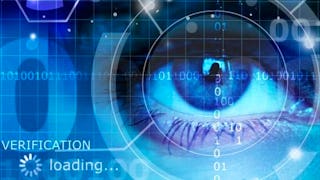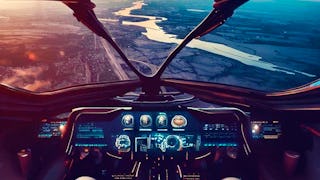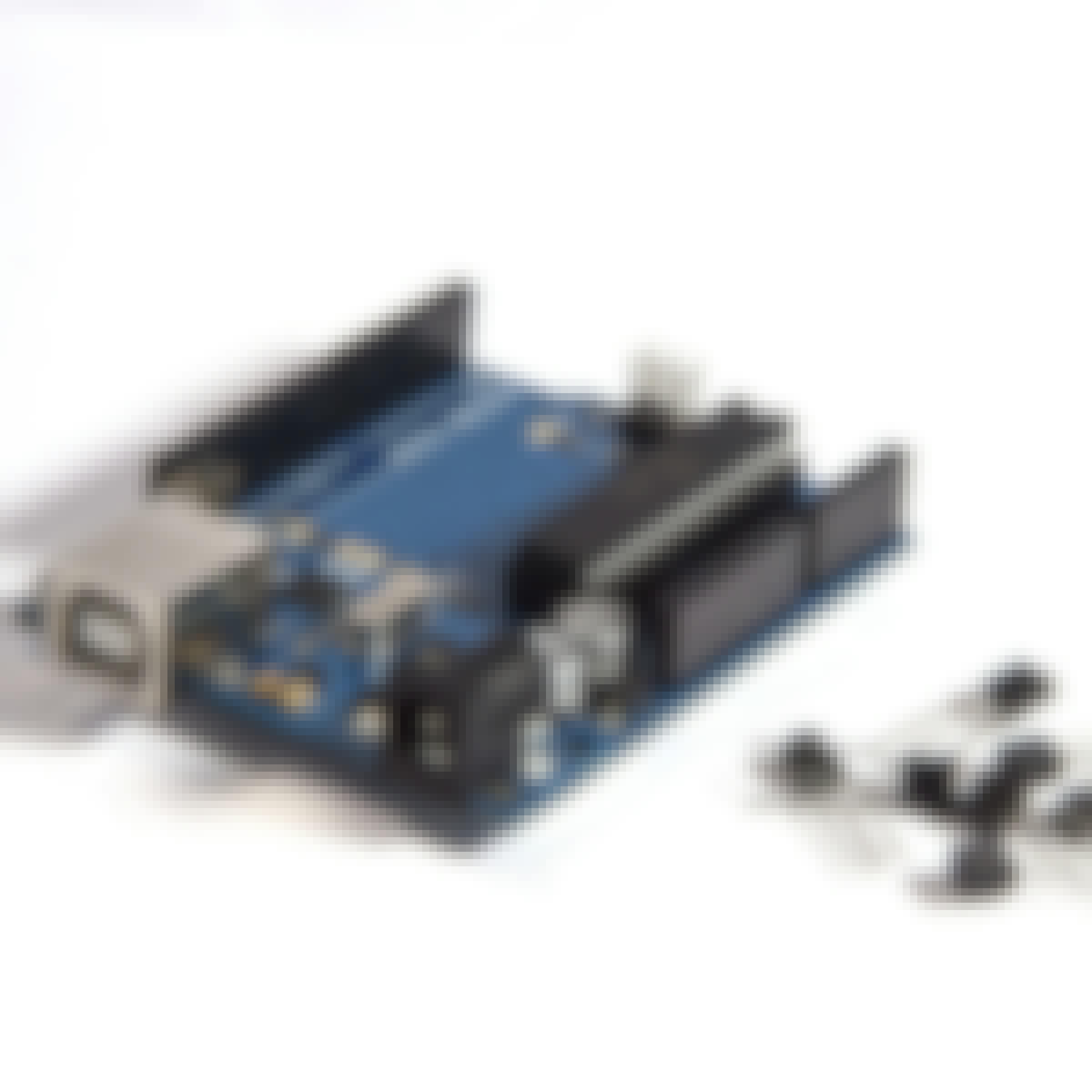Filter by
SubjectRequired
LanguageRequired
The language used throughout the course, in both instruction and assessments.
Learning ProductRequired
LevelRequired
DurationRequired
SkillsRequired
SubtitlesRequired
EducatorRequired
Explore the Drone Course Catalog
 Status: Preview
Status: PreviewDuke University
Skills you'll gain: Environmental Monitoring, Environmental Regulations, Environmental Laws, Data Ethics, Environmental Science, Geospatial Information and Technology, Ethical Standards And Conduct, Global Positioning Systems, Research, Image Analysis, Data Collection, Critical Thinking

Skills you'll gain: Computer Vision, Image Analysis, Jupyter, Applied Machine Learning, Tensorflow, PyTorch (Machine Learning Library), Deep Learning, Artificial Intelligence and Machine Learning (AI/ML), Supervised Learning, Machine Learning, Computer Programming, Cloud Applications, Data Processing, Application Deployment
 Status: Free Trial
Status: Free TrialUniversità di Napoli Federico II
Skills you'll gain: NoSQL, Control Systems, Apache Hadoop, Apache Hive, Big Data, Model Based Systems Engineering, Database Systems, Artificial Intelligence, Mechanical Engineering, Computer Vision, Laboratory Experience, Simulations, Systems Architecture, Simulation and Simulation Software, Distributed Computing, Equipment Design, Data Processing, Global Positioning Systems, Business Intelligence, Automation
 Status: Free Trial
Status: Free TrialUniversità di Napoli Federico II
Skills you'll gain: Control Systems, Systems Architecture, Simulation and Simulation Software, Global Positioning Systems, Automation, Mechanical Engineering, Computer Vision, Mathematical Modeling, Estimation, Real Time Data, Business Intelligence
 Status: Free
Status: FreeAmazon Web Services
Skills you'll gain: Amazon Web Services, Cloud-Based Integration, Cloud Engineering, Cloud Solutions, Automation, Cloud Applications
 Status: Preview
Status: PreviewTechnical University of Munich (TUM)
Skills you'll gain: Transportation Operations, Civil Engineering, Environmental Issue, Feasibility Studies, Emerging Technologies, Regulatory Compliance, Concept Of Operations, Data-Driven Decision-Making, Technical Consulting, Market Dynamics, Human Factors
What brings you to Coursera today?
 Status: Free Trial
Status: Free TrialUniversity of Colorado Boulder
Skills you'll gain: Process Control, Control Systems, Machine Controls, Embedded Systems, Electronic Systems, Embedded Software, Electronics Engineering, Automation Engineering, Manufacturing Processes, Electronics, Basic Electrical Systems, Electrical Engineering, Hardware Design, Power Electronics, Three-Phase, Medical Equipment and Technology, Electrical Systems, Electrical Equipment, Torque (Physics), Electronic Components
 Status: Free Trial
Status: Free TrialUniversity of California, Irvine
Skills you'll gain: Test Planning, Embedded Systems, Linux, Internet Of Things, Embedded Software, Functional Requirement, Debugging, General Networking, Hardware Design, Systems Design, Operating Systems, Requirements Analysis, Electronic Hardware, System Design and Implementation, C (Programming Language), Basic Electrical Systems, Application Programming Interface (API), TCP/IP, Integrated Development Environments, Python Programming
 Status: Free Trial
Status: Free TrialUniversity of California, Irvine
Skills you'll gain: Internet Of Things, Hardware Design, Electronic Hardware, Basic Electrical Systems, Electronics, Electrical Wiring, Electronic Components, Embedded Systems, Peripheral Devices, General Networking, Wireless Networks
 Status: Free Trial
Status: Free TrialUniversity of Colorado Boulder
Skills you'll gain: Robotic Process Automation, Data Mapping, Artificial Intelligence, Control Systems, Automation, Graph Theory, Planning, Algorithms, Real-Time Operating Systems, Computer Programming, Mechanics, Computer Vision, Computer Science, Simulation and Simulation Software, Global Positioning Systems, Engineering, Simulations, Image Analysis, Linear Algebra, Design
 Status: Preview
Status: PreviewUNSW Sydney (The University of New South Wales)
Skills you'll gain: Image Analysis, Unsupervised Learning, Geospatial Information and Technology, Geospatial Mapping, Computer Vision, Feature Engineering, Spatial Analysis, Machine Learning, Dimensionality Reduction, Deep Learning, Supervised Learning, Probability & Statistics, Artificial Neural Networks
 Status: Free Trial
Status: Free TrialUniversity of Michigan
Skills you'll gain: Machine Learning Methods, Machine Learning, Machine Learning Algorithms, Artificial Intelligence and Machine Learning (AI/ML), Image Analysis, Deep Learning, Computer Vision, Artificial Intelligence, Generative AI, Statistical Machine Learning, Reinforcement Learning, Artificial Neural Networks, Automation, Algorithms
In summary, here are 10 of our most popular drone courses
- Drones for Environmental Science: Duke University
- Introduction to Computer Vision and Image Processing: IBM
- Autonomous Vehicle Engineering: Università di Napoli Federico II
- Autonomous Aerospace Systems: Università di Napoli Federico II
- Introduction to Robotics on AWS: Amazon Web Services
- Urban Air Mobility: Technical University of Munich (TUM)
- Embedding Sensors and Motors: University of Colorado Boulder
- An Introduction to Programming the Internet of Things (IOT): University of California, Irvine
- Interfacing with the Arduino: University of California, Irvine
- Introduction to Robotics with Webots: University of Colorado Boulder










